|
Advertisement
|
💛
Monopoly
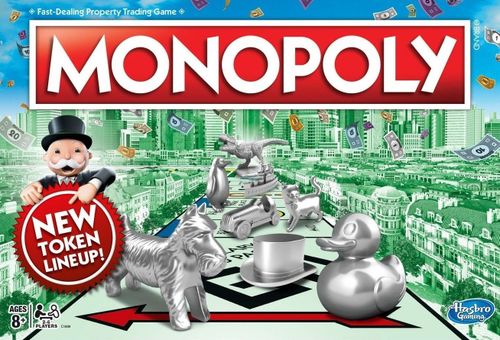
DescriptionTheme Gameplay Goal Cultural impact on rules Game DiscussionsAdd CommentYou need to be logged in to comment. Insert Bullet List Please enter at least one item. Item: Item: Item: Item: Item: Insert Numeric List Please enter at least one item. Item: Item: Item: Item: Item: Insert Link Please enter the link of the website Optionally you can add display text Insert Email Please enter the email address Optionally add any display text Insert Image Please enter the link of the image Insert YouTube Video Please enter the link of the video MarketplaceNo listings at the moment. Do you own this game? Click here to list it for sale.
Expansions
|
Best Sellers
Board Games
|
||||||||||||||||||
Latest Searches: college monopoly | Monopoly for Wilkesboro nc | Thousand Oaks monopoly | zombicide: invader – eva green | wits | weapons | très futé | tigris | spiderman chutes | sejmi jednorožce | rum | monopoly français | mac 3 játékok | let’s make a bus route | gsn | java 3D creative toy | flick à | flick èm up | el señor de los anilllos | boomer trival | zoom | Zombicide rue | World of Warcraft: The Boardgame – The Burning Crusade | Word search | Who’s the cunt | Torbjørn nerf gun | Thor’s hammer | Thinking Man’s Basketball | The game of thief’s | Tío rico mcpato board game
All Rights Reserved

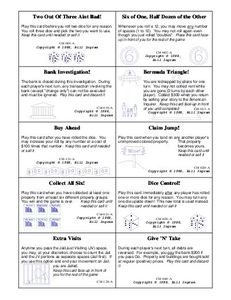
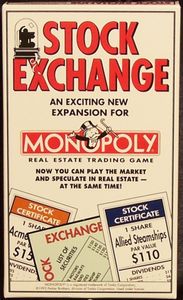

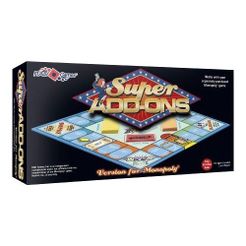
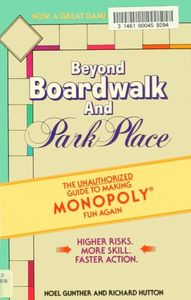
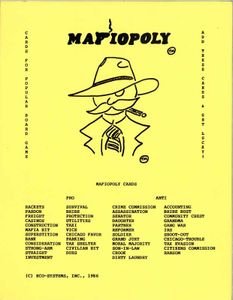
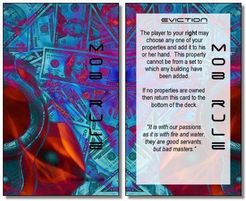


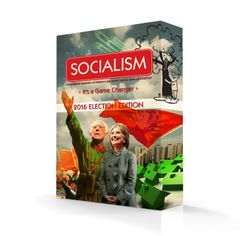
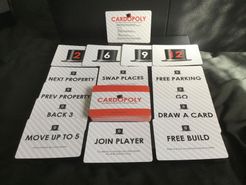

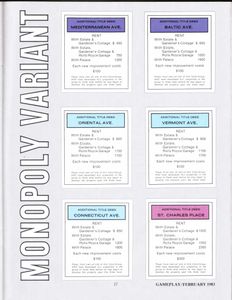


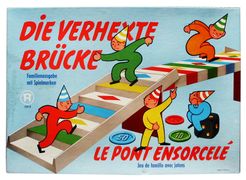
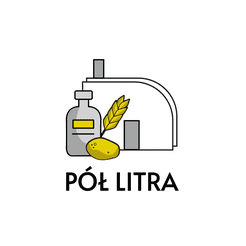
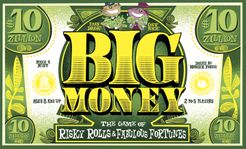
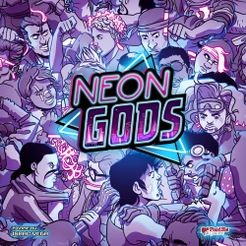
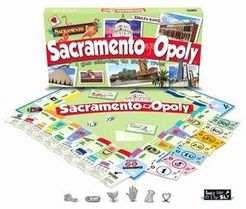
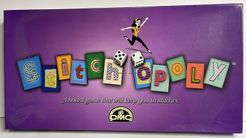
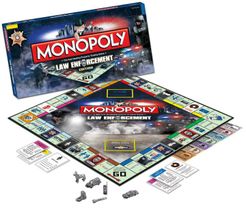


Comments (0)